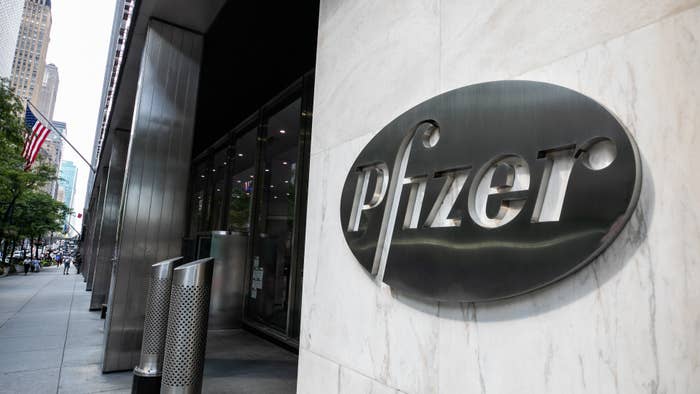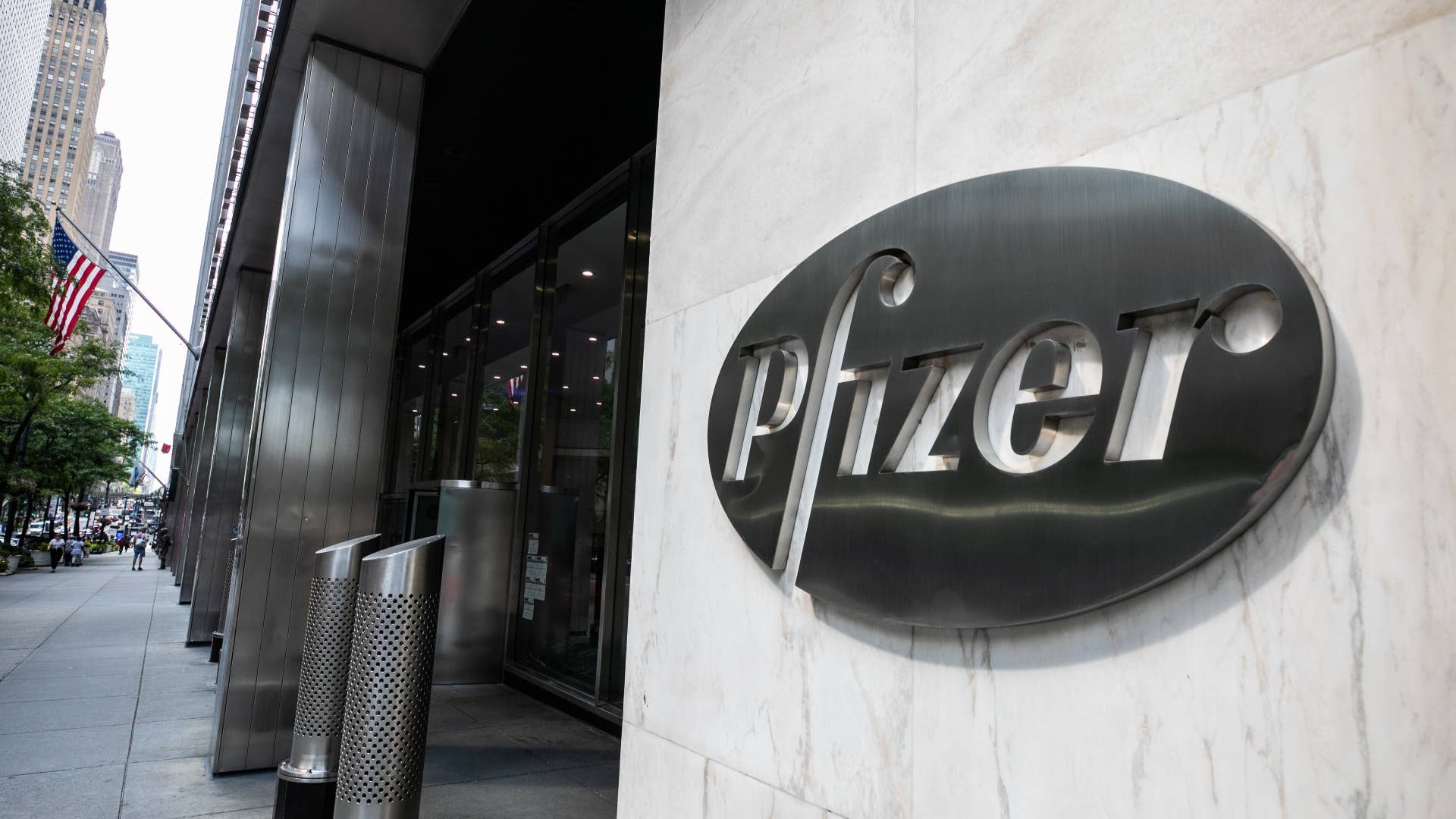
On Monday, Pfizer and BioNTech announced their vaccine candidate has been found to be more than 90 percent effective in preventing COVID-19 in participants without evidence of prior infection in the first interim efficacy analysis.
In a press release, Dr. Albert Bourla—chairman and CEO for Pfizer—said this update marks "a great day for science and humanity" and can be seen as a sign of being one integral step closer to providing relief during the coronavirus pandemic.
"The first set of results from our Phase 3 COVID-19 vaccine trial provides the initial evidence of our vaccine's ability to prevent COVID-19," Dr. Bourla said. "We are reaching this critical milestone in our vaccine development program at a time when the world needs it most with infection rates setting new records, hospitals nearing over-capacity, and economies struggling to reopen. With today's news, we are a significant step closer to providing people around the world with a much-needed breakthrough to help bring an end to this global health crisis. We look forward to sharing additional efficacy and safety data generated from thousands of participants in the coming weeks."
Dr. Anthony Fauci—who, ABC News helpfully reminds us after months of the so-called president disparaging the man, is America’s No. 1 infectious disease expert—said Pfizer's 90 percent effectiveness is "just extraordinary."
"Not very many people expected it would be as high as that," Dr. Fauci said. "It's going to have a major impact on everything we do with respect to COVID." ABC News also noted Fauci previously said "he would be happy with a COVID-19 vaccine that was 60 percent effective."
Speaking with CNN's Wolf Blitzer, Fauci acknowledged that there are still some safety and regulatory hurdles we need to clear before getting back to normal. He suspects that Pfizer will submit for emergency use authorization "in the next week-and-a-half or so," and if progress continues to trend in the right direction, doses of the vaccine could start being administered before the end of this year.
On Good Morning America Monday, Dr. Bourla said pending further success, a dose could end up costing $20. He said the results thus far being "very efficacious, overwhelmingly" has led the company to "feel very good about the safety.”
Kathrin Jansen, a senior VP and the leader of vaccine research and development at Pfizer, spoke with the New York Times for a piece published on Monday. In it, Jansen noted her approach of distancing the company from the federal Operation Warp Speed push.
"We were never part of the Warp Speed," Jansen said. "We have never taken any money from the U.S. government, or from anyone." Per Jansen, science—not politics—is what is "driving how we conduct ourselves."
In further remarks, on GMA, Dr. Bourla said, “There is a lot of skepticism among individuals, among relative citizens of America that, frankly, they’re confused. I think the main reason for that is because instead of having scientists debating the merits of this vaccine, we had the politicians. This didn’t help at all. ... The reason why I [didn't partake in Warp Speed] was because I wanted to liberate our scientists from any bureaucracy that could come by accepting money.”
Here's the clip:
As you'll surely recall, Trump—against the advice of health experts—has made repeated statements in support of a rushed vaccine ahead of Election Day. Pfizer has been publicly critical of this messaging, with Dr. Bourla notably saying back in October that the company would only move "at the speed of science." The only pressure the company felt, he added at the time, were the "billions of people, millions of businesses, and hundreds of government officials that are depending on us."
Monday's news, of course, doesn't mean that we should expect a vaccine to miraculously appear with the quickness. Moving forward, Pfizer won't be stopping its study until the recording of 164 infections is achieved among volunteers.
For more, including a thorough breakdown on where the Pfizer x BioNTech vaccine candidate stands now, peep the full press release here.
President-elect Joe Biden spoke about a vaccine on Monday as well. Per PBS White House correspondent Yamiche Alcindor, Biden focused on the crucial mandate to follow science and said to expect a potential wait of "many months" before wide availability. He acknowledged the fact that people of color in America have experienced the worst of COVID-19 and that a vaccine will be efficiently "distributed equitably"—and free:

